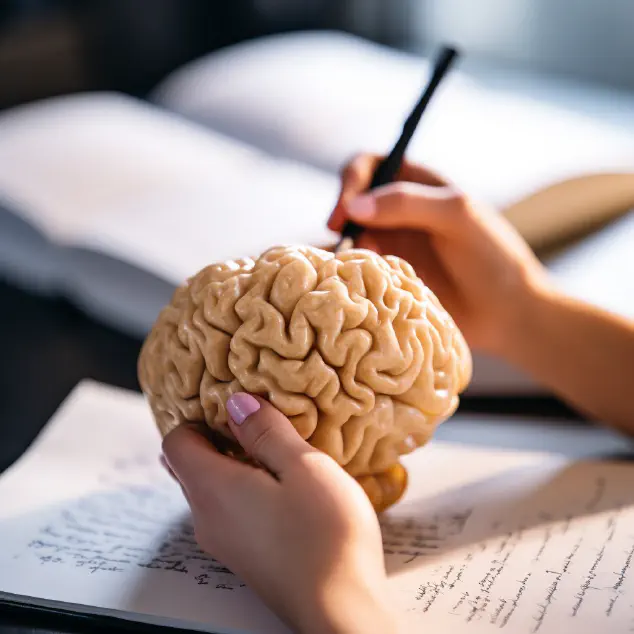
Introduction
Memory is an essential aspect of human cognition. Without memory, we would not be able to think, learn, or even survive. Memory is the foundation of all learning, and it plays a crucial role in the way we think and make decisions. In this blog post, we will explore the connection between memory and thinking and provide practical strategies to help you improve your recall and retention.
The Role of Memory in Thinking:
Memory and thinking are closely connected. Memory allows us to store and retrieve information, while thinking enables us to process and manipulate that information. Our memory influences the way we think, and our thinking affects how we remember. There are three types of memory that are relevant to thinking: sensory memory, short-term memory, and long-term memory.
Sensory memory is the initial stage of memory processing, where information is briefly held in our senses. Short-term memory, also known as working memory, is where we hold information temporarily to use in the present moment. Long-term memory is where we store information for later retrieval. Long-term memory can be further divided into two types: declarative memory (explicit memory) and non-declarative memory (implicit memory).
Declarative memory is the conscious memory of facts, events, and concepts, while non-declarative memory is the unconscious memory of skills, habits, and behaviors. Both types of memory play an essential role in thinking, learning, and decision-making.
Strategies to Improve Recall and Retention:
Now that we have a better understanding of the connection between memory and thinking let’s explore some practical strategies to improve your recall and retention.
1. Pay Attention
Paying attention is essential for memory encoding. When we pay attention to something, we are more likely to remember it later. To improve your memory, make sure to eliminate distractions and focus on the information you want to remember.
2. Repeat and Rehearse
Repeating and rehearsing information is an effective way to transfer it from short-term memory to long-term memory. Practice recalling information repeatedly, and you’ll be more likely to remember it in the future.
3. Organize Information
Organizing information into meaningful chunks can help you remember it more effectively. Use mnemonic devices, such as acronyms or visual imagery, to organize information and improve retention.
4. Use Multiple Modalities
Using multiple modalities, such as visual, auditory, and kinesthetic, can enhance memory encoding and retrieval. Engage as many senses as possible when learning new information.
5. Sleep Well
Sleep plays a crucial role in memory consolidation. Get adequate sleep to enhance memory retention and recall.
6. Stay Active
Physical exercise has been shown to improve memory and cognitive function. Regular exercise can help keep your brain healthy and improve your memory.
Conclusion
Memory and thinking are closely connected, and improving memory can enhance thinking and decision-making abilities. By paying attention, repeating and rehearsing information, organizing it, using multiple modalities, sleeping well, and staying active, you can improve your memory and thinking skills. Incorporate these strategies into your daily routine, and you’ll be on your way to better recall and retention.


